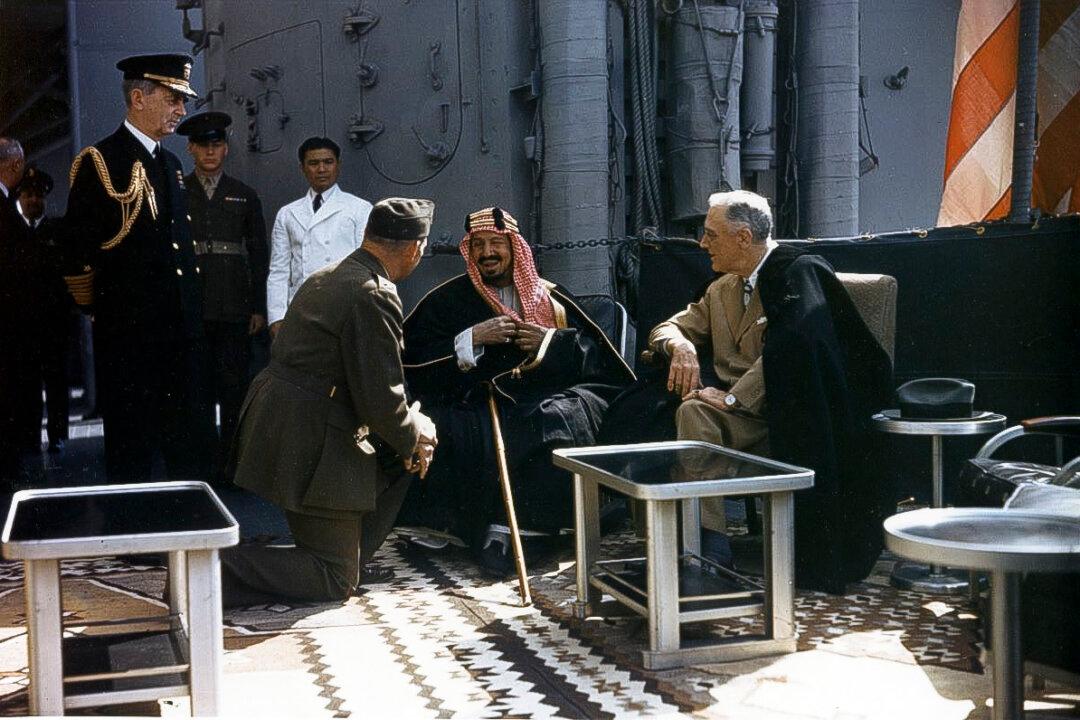At a few weeks old, Richard Mentor Johnson was nearly killed in an Indian attack. His battlefield exploits against the Indians in later years, however, would lend his name to great political success. A career that includes a singular moment in U.S. history.
As the American Revolution began to wind down in the 1780s, former-colonists, now-American citizens were on their way west to become settlers. They eyed the far end of Virginia, formerly known as Kentucky County, which by 1780 it had been broken into three counties: Jefferson, Lincoln, and Fayette.






